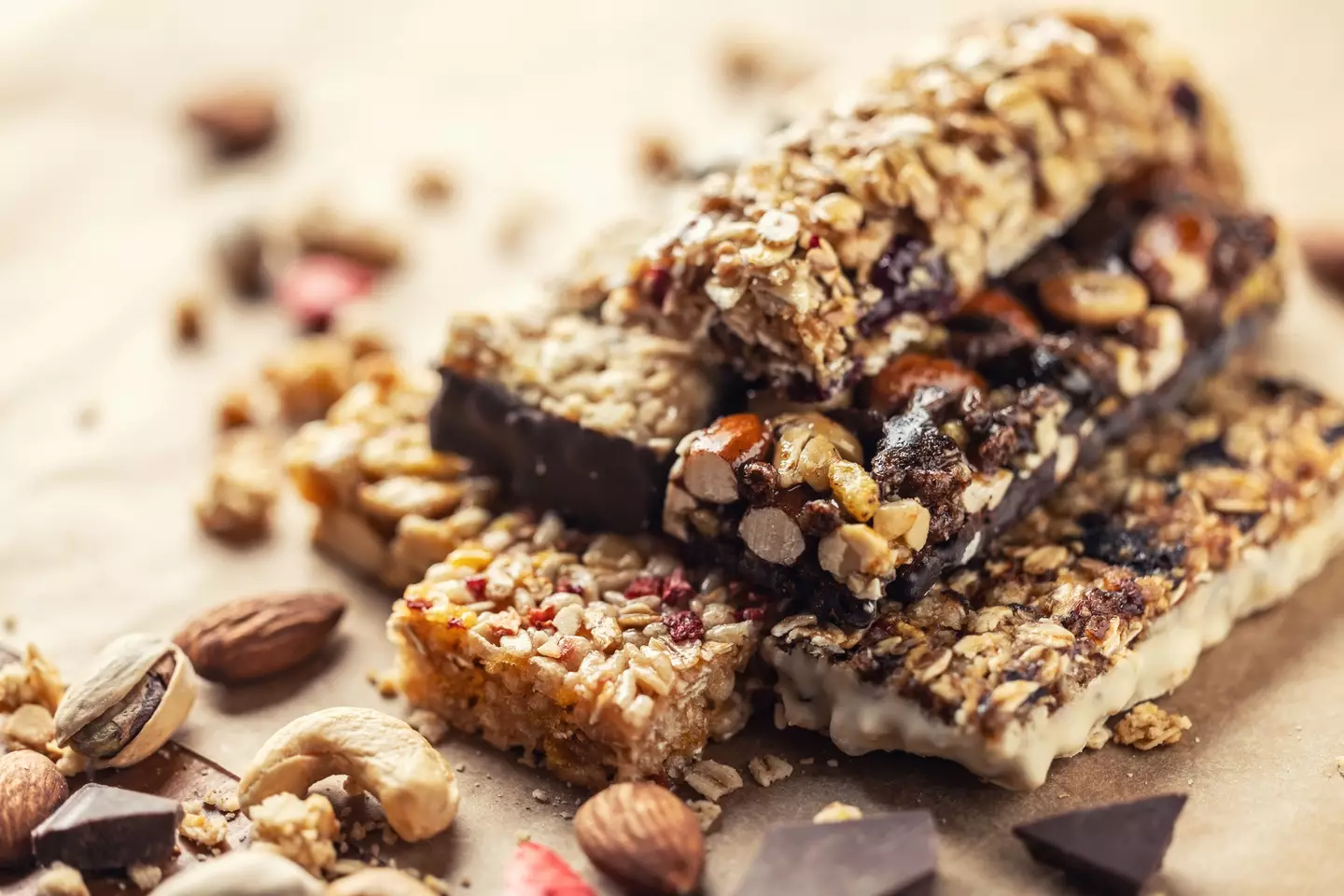
Ultra-processed foods (UPFs) are absolutely everywhere and encompass a huge range of foods. Staples like bread and yoghurts can count as a UPF, which essentially means any food that has had preservatives, flavourings, or other additives added in.
However, it’s unclear as to the extent of the harm that UPFs can do to us, and there’s certainly a lot of alarmism about ‘processed’ foods.
After all, once food is cooked it’s been processed, and cooking is absolutely a good idea for our digestion and nutrition, as well as helping to protect us against food-borne illnesses.

Advert
In the case of UPFs, however, research does point to their consumption leading to increased inflammation, high blood-glucose levels, a heightened risk of weight gain or obesity, an increased likelihood of developing chronic illnesses, and an increased chance of developing cardiovascular conditions or suffering a heart attack or stroke.
With that in mind, the general advice holds that we should try to cut back on the UPFs in our diet. Things like crisps, pizza, processed meats, high-sugar sweets and treats and the like are best consumed infrequently and in moderation, although that advice is nothing new.
Writing in the Independent, nutrition researchers Angelina Baric and Anthea Christoforou lifted the lid on a few more UPFs often touted as either healthy foods or supplements to healthy diets. Please note that the advice herein around alternative picks is from us, with Baric and Christoforou having picked out the three key UPFs that often get marketed as healthy options.
Let’s take a look at them.
1. Yoghurts
Yoghurt can be a fantastic thing to add to your diet, but you’ve got to be selective. Natural yoghurts with no added sugars are generally a great source of protein and calcium, and they’re probiotic. That means they help to foster a healthy gut microbiome, which is increasingly believed to play a key role in broader physical and mental wellbeing.
“On its own, yoghurt is indeed very healthy,” said Baric and Christoforou. “The problem is when things like jam-like fruit with preservatives or artificial vanilla flavouring are added. They make yoghurt taste better, but can push it into unhealthy territory.”
If the sour taste of unflavoured natural yoghurt is tough for you to get past, adding whole fruits like sliced bananas or strawberries along with a little drizzle of honey is generally a healthier option than going for the pre-flavoured options in supermarkets.
2. Granola
Granola and granola-based cereal bars have long been marketed as a healthy option, generally for being full of fibre and likely to make you feel fuller for longer. The trouble is that granola is, by and large, packed with sugar too.
For fibre content without the additives, muesli and porridge are great picks that offer satiety and slow-release energy that will get your day off to a good start.

3. Sports drinks
Electrolyte-rich sports drinks can be a good way to quickly rehydrate yourself and replenish those nutrients you’ve burned through during exercise, but their mineral or vitamin content is only half of the story. They’re also typically high in sugar, and they often include artificial sweeteners like aspartame which have been linked with causing inflammation.
For a healthier option, you could go for water, some fresh fruit, and a portion of nuts or seeds to help replenish those electrolytes. Salted nuts and the like are an option for replenishing lost salt, but as always it’s important to enjoy them in moderation.
